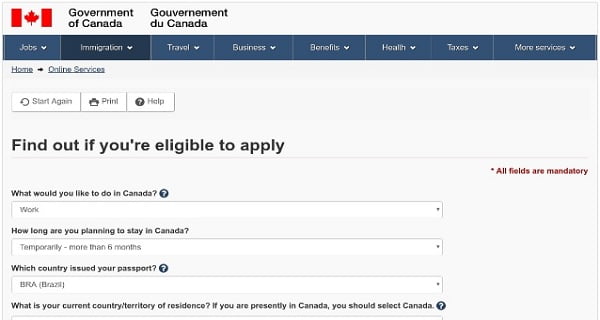Switzerland work visa Guide. To work in Switzerland as a foreign national, obtaining the appropriate work permit is essential. The process and requirements vary depending on your nationality and the nature of your employment. If you want to know about Visa updates for different countries and also Bangladesh all govt and privet job in Bangladesh, visit our website at https://www.facebook.com/ImmigrationNewspage
For EU/EFTA Nationals:
Citizens of European Union (EU) and European Free Trade Association (EFTA) member states benefit from the Agreement on the Free Movement of Persons, allowing them to live and work in Switzerland with fewer restrictions. Key points include:
Employment Requirement: You must have a valid employment contract with a Swiss employer.
Registration: Within 14 days of arrival and before commencing work, register with the local authorities in your municipality of residence.
Residence Permit: Upon registration, you’ll receive a residence permit corresponding to the duration and nature of your employment.
For detailed information, refer to the official Swiss government portal:
For Non-EU/EFTA Nationals:
Individuals from countries outside the EU/EFTA face more stringent criteria. The process involves:
Employment Offer: Secure a job offer from a Swiss employer willing to sponsor your work permit.
Labor Market Test: The employer must demonstrate that the position couldn’t be filled by Swiss nationals or EU/EFTA citizens, proving the necessity of hiring a non-EU/EFTA national.
Qualifications: Candidates should possess specialized skills, typically evidenced by a university degree and relevant professional experience.
Cantonal Approval: The employer submits a work permit application to the cantonal immigration and labor market authorities. Upon cantonal approval, the application is forwarded to the State Secretariat for Migration (SEM) for federal authorization.
For comprehensive guidelines, consult the State Secretariat for Migration:
Types of Work Permits:
Switzerland offers various permits based on employment duration and purpose:
L Permit (Short-Term): Valid for up to one year, suitable for temporary employment.
B Permit (Residence Permit): Issued for initial long-term residence, typically valid for one year and renewable annually.
G Permit (Cross-Border Commuter): For residents of neighboring countries who work in Switzerland but return home at least once a week.
Canada Work Permit Visa Apply Online
Each permit has specific conditions and application procedures. It’s advisable to review the latest information on the official Swiss government website:
Application Process:
Job Offer: Obtain a written employment contract from a Swiss employer.
Employer’s Application: The employer applies for a work permit on your behalf with the cantonal authorities.
Cantonal Review: The application is assessed at the cantonal level, considering labor market needs and your qualifications.
Federal Approval: Upon cantonal approval, the application is forwarded to the SEM for federal authorization.
Entry Visa: Once approved, you’ll receive an entry visa to enter Switzerland and commence employment.
Processing times and specific requirements can vary, so it’s essential to consult the relevant cantonal authority and the SEM for up-to-date information.
Additional Considerations:
Language Proficiency: Depending on the canton, proficiency in the local language (German, French, or Italian) may be required or beneficial.
Social Security and Taxes: Ensure understanding of Swiss social security contributions and tax obligations, which apply to foreign workers.
Family Reunification: Permit holders may have the right to bring immediate family members under certain conditions.
Given the complexities of Swiss immigration laws, it’s recommended to seek guidance from official sources or consult with legal experts specializing in Swiss employment and immigration law.
 Sohoj Uttar Visa All Countries Visa information Portal.
Sohoj Uttar Visa All Countries Visa information Portal.








